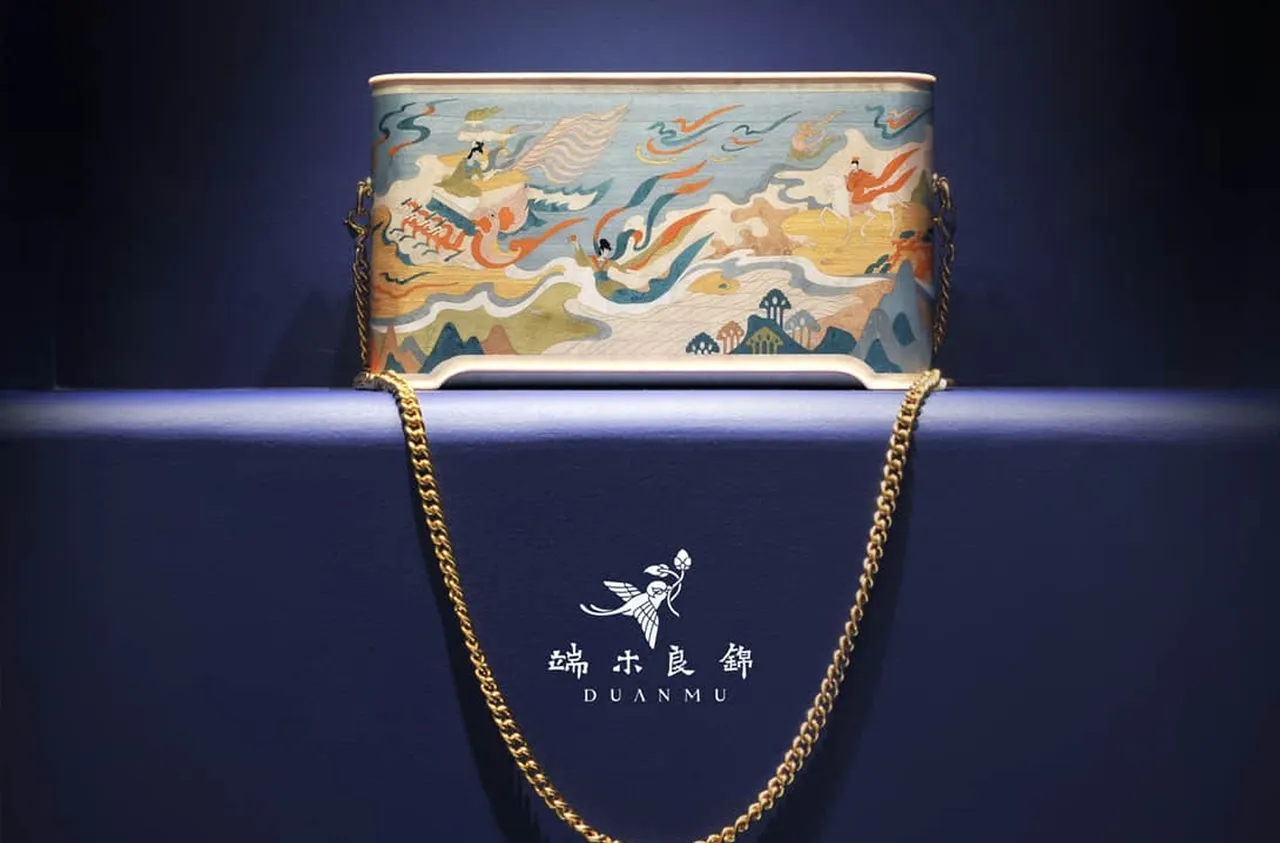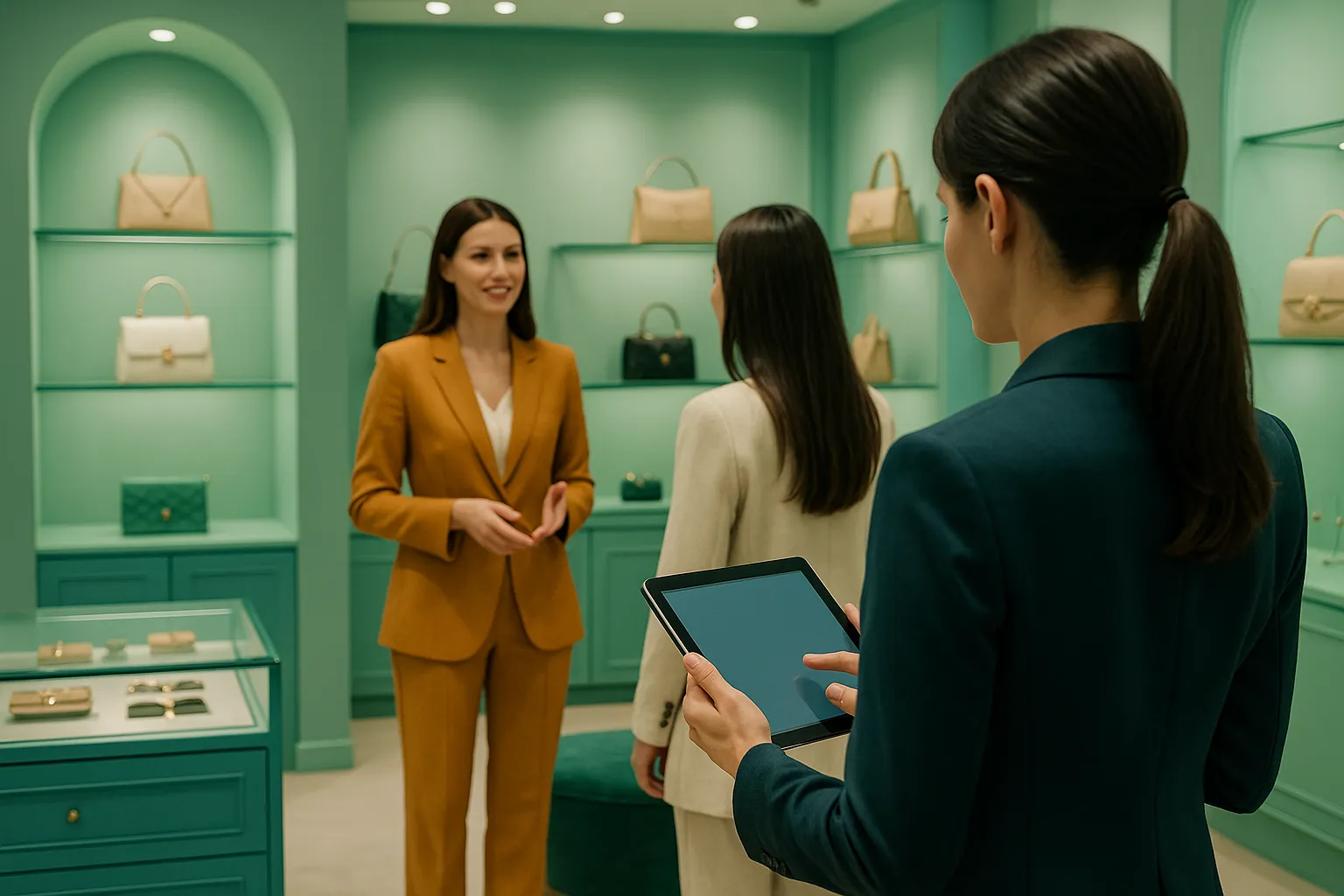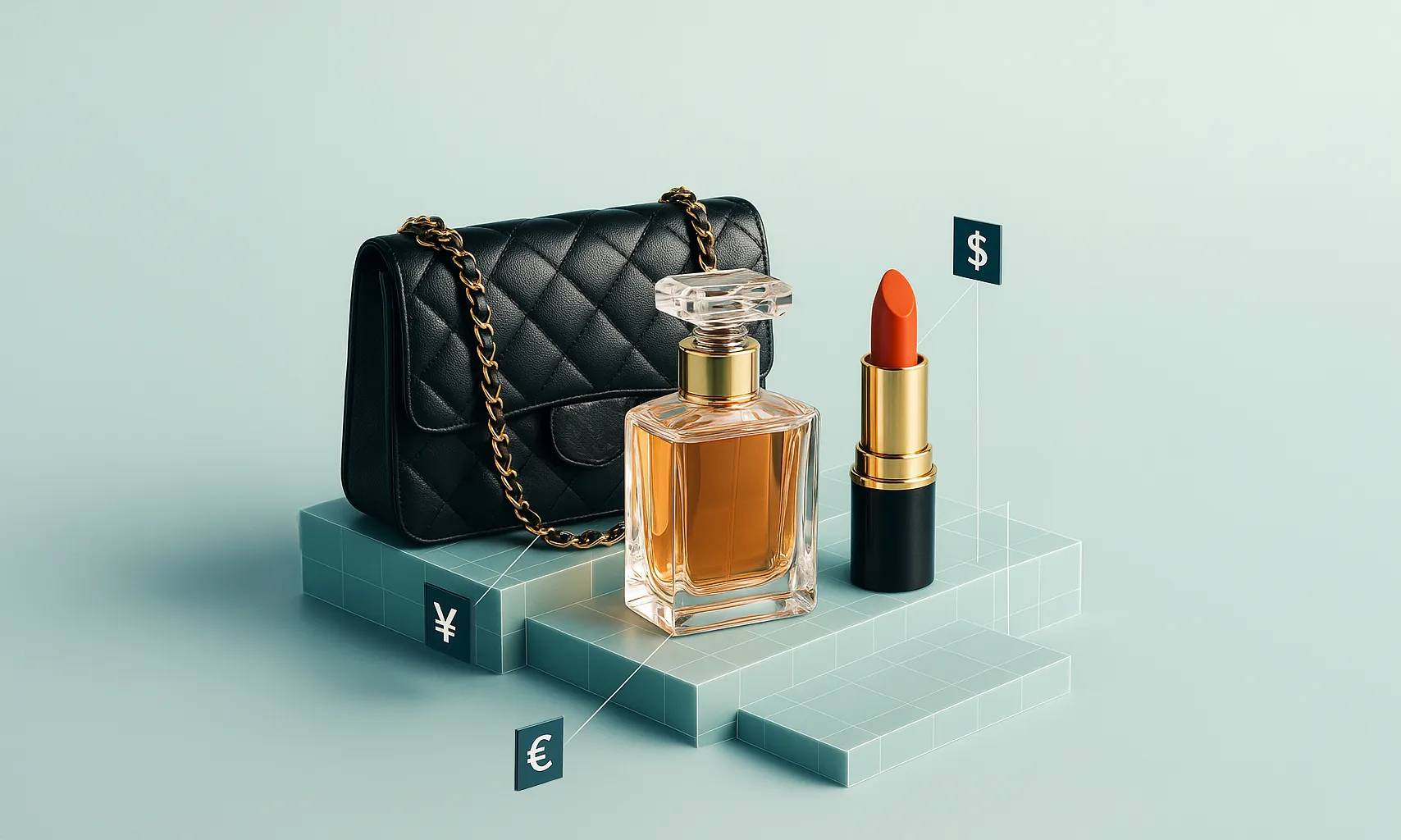Will The Luxury Sector Embrace The Metaverse?
Despite being in its early stages, the metaverse is getting a lot of attention for its significant potential and substantial rewards, and the luxury fashion world has taken notice. As I see it, both the metaverse and the fashion industry are based on the primary values of self-expression, individuality and status signaling, so it’s no surprise that many luxury brands are embracing digital technologies to build an interconnected shopping experience.
But will the luxury sector as a whole embrace the metaverse? Let’s explore this topic.
What Is The Metaverse?
The metaverse is an all-encompassing space for digital experiences that enables multiple virtual worlds to coexist and interact. It presents an opportunity for luxury brands to create a continuum of immersive digital experiences across various platforms.
The metaverse fuses reality and fantasy: Users can interact with each other, objects and places seamlessly and in real time, bringing to life a fantastical alternate reality that can be easily manipulated. Users can personify themselves in this parallel reality. This provides brands with new opportunities to reach a wider audience, provide personalized communication and leverage existing revenue streams.
The metaverse offers brands and consumers a “clean slate” of sorts. It enables its inhabitants to create the lifestyle and habits of their choosing, and luxury brands can support those choices in new ways.
Who’s Already There?
The metaverse is currently dominated by early adopters experimenting on their own. However, we are witnessing some brands throwing caution to the wind and experimenting with metaverse technologies.
In the luxury sector, Tiffany & Co. launched its own non-fungible token, called NFTiff, which offers 250 CryptoPunk holders the chance to buy a custom pendant with the image of their Punk.
Gucci (a client of ours) collaborated with Roblox to create a virtual clothing capsule collection, and in 2021, one of the brand’s digital handbags sold for over $4,000—more than it cost in the real world.
I think few marketers in the mid-2010s would’ve anticipated that, or that luxury brands would deliberately partner with gaming platforms. Once known to only a few tech-savvy groups, the metaverse now incites commentary from every level of the enterprise, with many leaders unable to remain silent on the topic.
Adapting To Changing Consumer Attitudes
Today, consumers are dictators and co-creators, which contradicts traditional luxury structures such as status signaling, scarcity and desirability. Members of Generation Z, for example, tend to favor community and inclusivity, rather than exclusivity or untouchability. I think this symbolizes an ideological and philosophical clash of values that is forcing many luxury brands to rethink their unique selling points.
We’ll likely see more brands rejecting outdated practices and embracing new ones that will become the foundation of all future branding and marketing.
As for how the metaverse comes into play here, it probably will not replace existing distribution channels but rather complement the complexity of the retail equation, and it may be the answer to dull retail floor experiences.
Creating An Enhanced Customer Experience
According to Gartner, by 2026, almost a third of all companies will have products and services equipped to function in the metaverse, and 25% of people will spend a minimum of an hour a day in the metaverse for activities like work, shopping and entertainment.
Brands will have many opportunities to adapt. They can digitally replicate their physical retail stores or create entirely new and unique virtual brand experiences, such as a virtual reality theme park.
The metaverse can allow brands to reach a wider audience with targeted storytelling. Consumer subsets previously deemed unreachable can become familiar with new brands and join the community. When brands forge an emotional connection with their customers via immersive experiences, interactions can become more memorable, resulting in emotionally driven purchases that foster loyalty and brand advocacy.
The metaverse offers brands the ability to overcome geographical limitations, convert experiences into products and merge the distinction between self-service and contact centers using AI-driven digital avatars. By enhancing customer engagement methods, the metaverse emerges as a powerful new tool for providing exceptional customer experiences, enabling brands to connect their traditional and digital channels seamlessly.
Conclusion
As we embrace a metaverse future, I think luxury brands must face the uncomfortable truth: They are no longer the dictators of fashion and trends. In this new era where an ideological and philosophical clash of values is erupting, can luxury brands resist a community-minded approach—and for how long? Perhaps it’s best to embrace consumer collaboration and invest in the metaverse sooner rather than later.
While the prospect of the metaverse is exciting, it can also be intimidating as it represents uncharted territory. Some advice for easing into this new realm is to:
• Cultivate curiosity and actively engage with the topic of VR as the world is rapidly embracing it. Consider hiring experts or creating departments with teams dedicated to metaverse exploration.
• Start with small, manageable projects while keeping your long-term vision in mind. This approach will enable you to take calculated risks and use initial successes as steppingstones toward your bigger goal.
Originally Published on Forbes.



